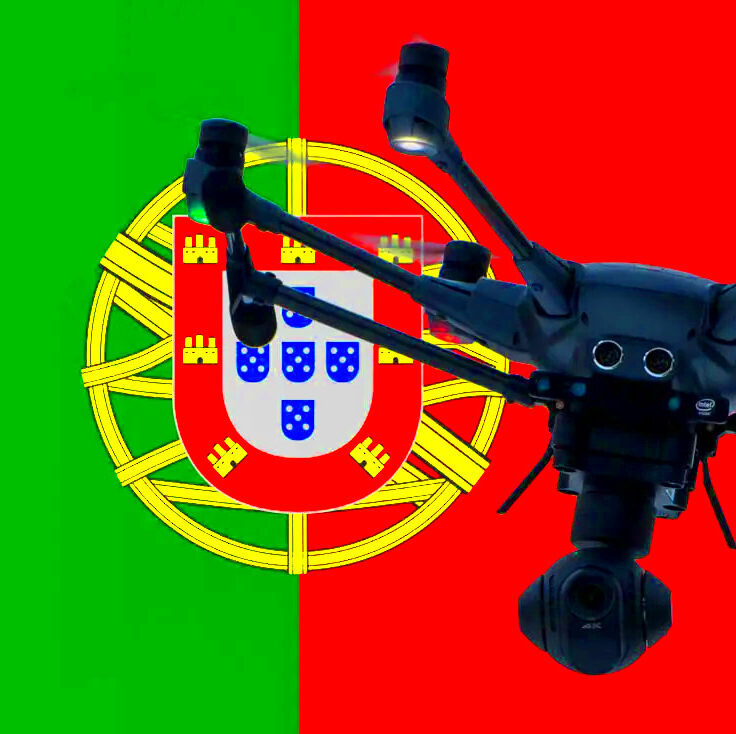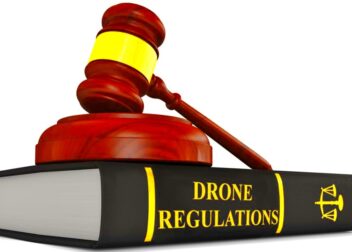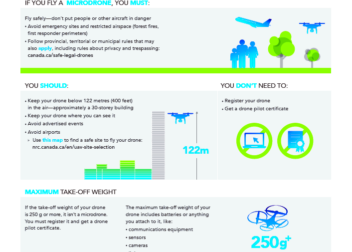What to Know About Drone Laws in Portugal
When I initially considered flying a drone in Portugal I felt a mix of excitement and unease. The breathtaking scenery in the country is a paradise for drone lovers but just like anywhere else Portugal has its own set of regulations. Operating a drone involves more than just getting stunning footage; it also entails adhering to rules that prioritize the safety of all. Before you get ready to bring your drone along on your journey to Portugal it’s crucial to familiarize yourself with the guidelines. Believe me, being prepared can save you a lot of trouble.
Who Can Fly a Drone in Portugal?
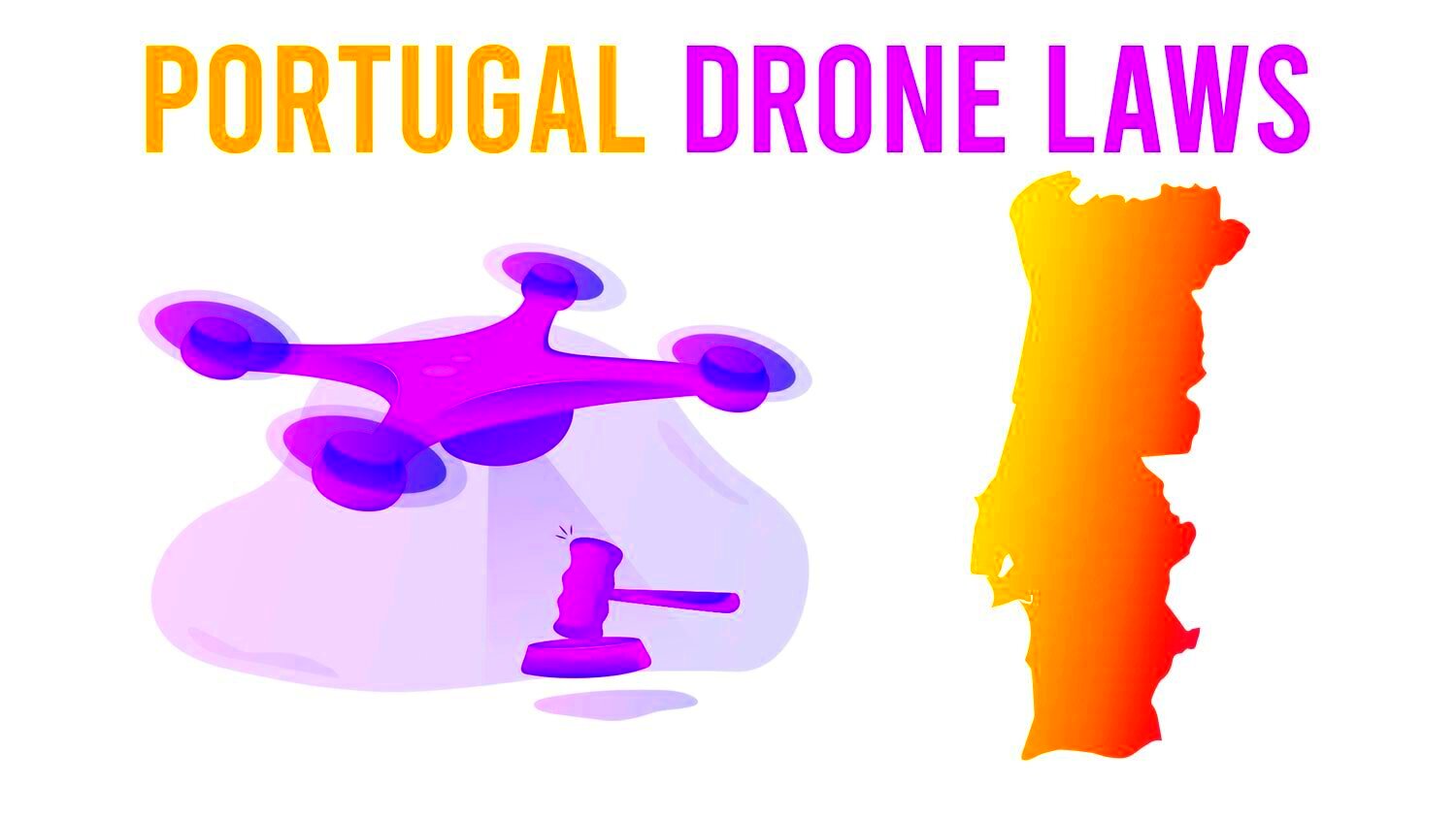
I still recall the moment when I attempted to sign up my drone for a journey; I was clueless about who was permitted to operate it. The regulations in Portugal are straightforward although they may appear intricate at first sight. Basically anyone can pilot a drone in Portugal regardless of being a local or a visitor. Nevertheless there are certain requirements you must fulfill.
To start with if your drone tips the scales at over 250 grams or comes equipped with a camera you need to register it with the Portuguese Civil Aviation Authority (ANAC). This regulation applies universally to all individuals, regardless of their nationality. Moreover drone operators must be at least 16 years old. If someone is younger they must have an adult present for supervision.
Additionally its worth mentioning that using a drone for business purposes necessitates obtaining a particular license. If you intend to utilize your drone for anything more than recreational use you must undergo a training program approved by ANAC. Although this may seem intimidating it serves as an excellent opportunity to ensure that you are well equipped to fly your drone, in a safe and compliant manner.
Permitted and Restricted Areas for Drone Operations
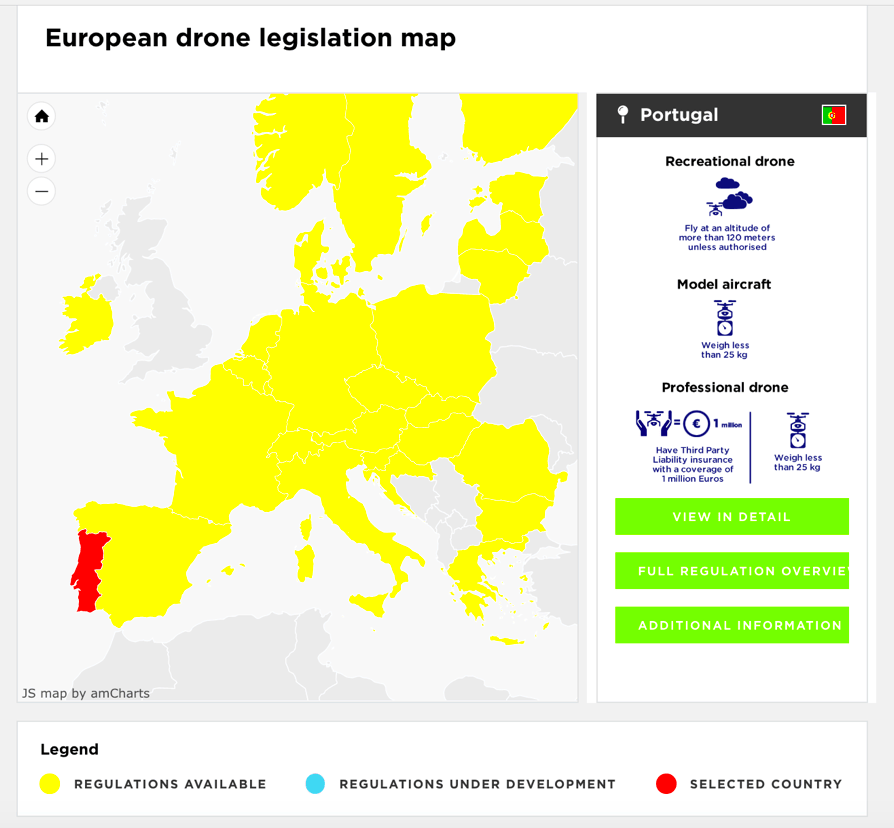
I discovered the importance of knowing the do’s and dont’s when it comes to flying my drone in Portugal. With its landscapes offering various settings it’s essential to be aware that not all places are suitable for drones. Familiarizing myself with the allowed and off limits zones is crucial for ensuring a hassle free experience.
In most places you can operate drones freely, particularly in open spaces like rural regions and certain urban parks. Coastal locations also provide stunning backdrops for drone flights with picturesque cliffs and beaches. Nonetheless it’s important to steer clear of protected or sensitive areas such as nature reserves and military zones.
When it comes to flying near airports and heliports there are rules in place. Drones are prohibited from operating within a kilometer radius of any airport. Moreover it’s important to steer clear of flying over crowds or in residential areas unless you have the necessary permissions as doing so could result in consequences.
I always rely on apps such as “AirMap” to verify the airspace in my area and make sure I’m in a designated zone. It’s wiser to double check than deal with a penalty or risk having your drone seized. Keep in mind that the splendor of Portugal is best experienced with an attitude, towards nature and those around you.
Specific Rules for Recreational and Commercial Drone Use
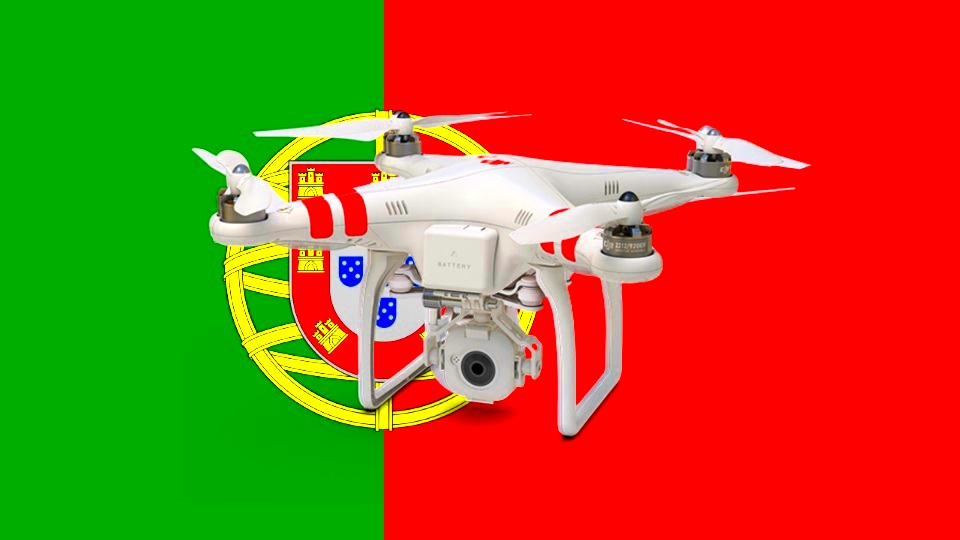
During my initial flight with the drone in Portugal, I quickly understood the significance of being aware of the regulations, whether it’s for leisure or professional purposes. In Portugal, there are separate rules for flying drones for fun and using them for business, each with its own specific requirements.
When it comes to using drones for fun the guidelines are pretty simple. If you’re someone who wants to film the scenic beauty of nature you’re in for a treat! You can soar your drone up to a height of 120 meters (about 400 feet). Just remember to always keep your drone within sight. Losing track of it not only poses a risk of crashing but can also get you into some serious trouble.
When it comes to using drones for purposes things get a bit more serious. Commercial drone operators need to obtain a specialized license. This means going through training and passing a test approved by the Portuguese Civil Aviation Authority (ANAC). The license isn’t merely a formality; it provides you with the skills to fly, safely and responsibly. I recall a friend in the photography industry who had to complete this procedure. While it initially appeared challenging she now swears by the confidence it brings her in her work.
Moreover those who operate drones for commercial purposes are required to obtain liability insurance from a third party. This requirement isn’t merely a formality; it serves a purpose. Accidents can occur and having insurance in place ensures that any damages are taken care of without imposing a financial strain. It’s an expense to secure peace of mind.
Registration and Licensing Requirements
Ah the paperwork, not the most thrilling aspect but undeniably crucial for flying drones in Portugal. Before you even consider taking flight it’s essential to make sure your drone is registered and that you possess the necessary license, particularly if your drone exceeds 250 grams in weight or is equipped with a camera.
Registering your drone is an easy task. You can do it through the ANAC’s website. You’ll have to give information like the drone’s brand, model and serial number. I found this step a bit bothersome but once it’s completed you won’t have to think about it again unless you get a new drone that is!
If you’re using your drone for fun and it meets the criteria all you need is to register it. But if you’re flying for business purposes a license is necessary. The process entails more than completing paperwork; it also involves undergoing training and taking an exam. I remember how anxious a friend of mine, who works in videography was before his test. It was reminiscent of returning to school but the reward of holding that license made it all worthwhile.
The regulations for pilots are quite similar. If you’re thinking of operating your drone in Portugal, even for a duration, it’s essential to adhere to the registration and licensing protocols. The silver lining is that once you complete the registration and licensing process, you have the freedom to soar through the skies—just remember to follow the existing rules as well.
Penalties for Violating Drone Laws in Portugal
Let’s dive into a topic that’s not exactly pleasant to ponder on—penalties. However I assure you that being aware of the consequences of breaking drone laws in Portugal can spare you from a great deal of hassle. The authorities view these rules with utmost seriousness and the repercussions can be rather harsh.
If you’re caught operating your drone without the necessary registration or license you could face fines ranging from €250 to €4,000. That’s right up to €4,000! I once encountered a traveler who made the error of flying his drone close to a restricted zone without obtaining the proper permissions. He ended up paying a fine that put a damper on his holiday. It was a lesson, but one that serves as a reminder for all of us.
Operating a drone in areas like airports, military installations or over large gatherings can result in penalties. Besides facing fines you risk having your drone seized and in serious situations you could be subject to criminal charges. No one wants their vacation memories tainted by a trip to court. So it’s wise to err on the side of caution.
Moreover if your drone causes harm or injury the repercussions can be severe. This is where the liability insurance I mentioned before becomes essential. Without it you might have to cover the costs for any damages or injuries caused and that’s definitely not a situation anyone wants to face.
To sum it up, adhering to the guidelines is not solely about steering clear of consequences; it’s also about making sure that everyone can relish the skies in a secure and responsible manner. After all we’re all gazing at the same breathtaking scenery—let’s preserve it that way!
Safety Guidelines for Drone Pilots
Flying a drone may appear to be an affair with just a button press sending it soaring into the sky! However there are numerous factors involved particularly regarding safety. I recall my initial drone flight vividly my hands shook not only out of thrill but also due to the immense sense of duty. It is crucial for every pilot to prioritize preventing their drone from becoming a potential threat.
Before taking to the skies its crucial to check the weather. It may seem like common sense but wind and rain can quickly ruin what should be an enjoyable flight. A strong gust of wind can veer your drone off its path or even lead to a crash. I once disregarded a weather advisory because I was too excited to capture the sunset. That turned out to be a decision! My drone got stuck in a tree and I had to climb up to get it back. A valuable lesson learned, through experience.
Another important piece of advice is to always keep your drone in view. Losing sight of it, even briefly can result in mishaps. Additionally maintain a distance from individuals, structures and particularly animals. I’ve witnessed drones startle birds and it’s not a pleasant sight. It’s also crucial to operate your drone during daylight hours and steer clear of flying in poor visibility situations.
Finally make sure to keep your firmware up to date. It may appear to be an insignificant aspect but companies frequently roll out updates that enhance your drones functionality and safety features. Believe me you wouldn’t want to be the person whose drone malfunctions in the sky due to outdated software. A touch of care can spare you from a great deal of inconvenience in the future.
Frequently Asked Questions About Drone Laws in Portugal
When I began looking into drone regulations in Portugal I was flooded with inquiries and I bet you have your fair share as well. Here are a few of the questions I found to be frequently asked along with the insights that provided clarity for me.
Can I fly my drone anywhere in Portugal?
No you cant fly your drone anywhere you want. There are certain rules in place, especially around airports, military areas and crowded places. Make sure to check for no fly zones before taking off.
Do I need to register my drone in Portugal?
If your drone weighs over 250 grams or comes equipped with a camera, you need to register it with the Portuguese Civil Aviation Authority (ANAC). This requirement is for both locals and visitors alike.
Is a license required for recreational drone use?
No you dont need a license for personal use. But you do have to stick to the safety rules and regulations. If you plan to use it for business purposes then getting a license is a must.
What are the penalties for violating drone laws in Portugal?
The consequences for drone violations can vary, from monetary penalties to having your drone seized. In certain situations, legal action may be taken particularly if your drone causes harm or injury.
Can I fly my drone at night?
No, operating drones after dark is prohibited unless you obtain prior approval from the relevant authorities.
Conclusion
Flying a drone in Portugal is a fantastic way to discover and capture the beauty of the country but it comes with its own set of responsibilities. Its important to know who is allowed to fly where you can operate the drone and to prioritize safety to avoid significant penalties. Adhering to the regulations is crucial. My suggestion is to invest time in getting acquainted with the rules exercise caution and you’ll have a seamless and enjoyable experience. After all there’s nothing quite like gliding through the Portuguese skies while knowing you’re doing it, the right way.
